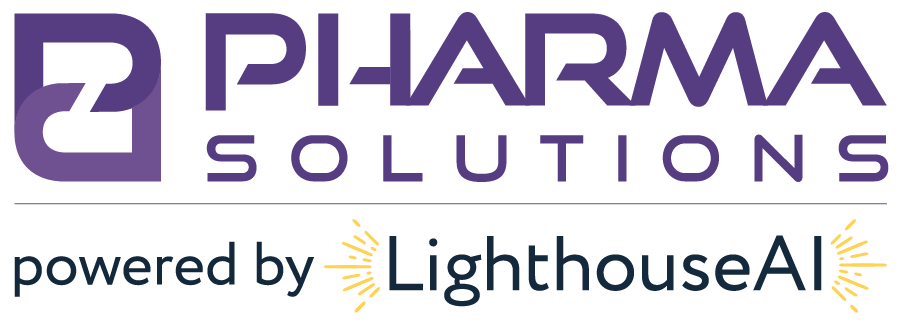FDA Begins DSCSA Enforcement on Distributors
The first-time inspection of a wholesale drug distributor for DSCSA requirements is a warning to industry: be prepared for a knock on the door by the FDA.
Why It’s Important
For the very first time, the US Food and Drug Administration (FDA) performed an inspection and issued 483 observations for a wholesale distributor on DSCSA requirements. Being the largest drug distributor in the world with 2018 fiscal year revenues of over $200 billion, it is easy to see why the FDA would choose the company for the honors. The move is significant because it sets precedent and expectations for distributors by the FDA.
This latest Form 483 from FDA includes three observations following inspections conducted in June and July of 2018 at the wholesale distributor’s San Francisco site, citing improper and/or deficient procedures surrounding “illegitimate product.” “Illegitimate product,” per the DSCSA, is a product for which credible evidence shows that the product:
is counterfeit, diverted, or stolen;
is intentionally adulterated such that the product would result in serious adverse health consequences or death to humans;
is the subject of a fraudulent transaction; or
appears otherwise unfit for distribution such that the product would be reasonably likely to result in serious adverse health consequences or death to humans.
Observations
There were three observations within the FDA 483 report.
Observation 1
The first observation centers around how McKesson reacts to suspect and illegitimate product notifications. The FDA found that McKesson needs to supplement its existing procedures so that a “shelf-check” is performed after notification. Additionally, if/when suspect or illegitimate product is found after notification, it needs to be moved to quarantine during the investigation process.
Observation 2
The second observation focuses on how McKesson would handle product after receiving an illegitimate product notification. Past quarantining the product, McKesson would potentially need to help investigate the product and retain a sample, depending on the circumstances (who made the notification, how the notification was made, how the determination of illegitimacy was made, etc.).
Observation 3
The final observation highlights that McKesson does not capture lot/batch numbers at the time of receipt. This observation is discussed below in the “Controversies” section.
Controversies
As the first-ever inspection of a distributor for DSCSA requirements, there was, of course, controversies. First, choosing the San Francisco site was a bit of an odd choice for the venue as it will soon officially be the former headquarters for the company; the company has made significant headway on moving headquarters to Las Colinas, Texas (formally announced in November 2018). It may have been more appropriate for the FDA to have inspected an actual drug distribution site so that they might truly see how counterfeit product is handled. Next, the FDA cited an issue from which they are very specifically exempt: retaining lot/batch numbers at the time of the receipt.
“Transaction data for prescription drug purchases from the firm show that lot/batch numbers are not captured/retained; as such the firm does not have sufficient processes in place to determine and notify, within 24 hours, all the immediate trading partners that the firm had reason to believe may have received illegitimate product,” the 483 says.
However, the DSCSA says that “transaction history and transaction information shall not be required to include the lot number of the product,” for companies who follow the same purchasing methods that McKesson follows.
Conclusion
It is important for industry to heed the warning shot that is the McKesson 483 – make sure to be prepared and fully compliant with the DSCSA!
For assistance with serialization requirements, please reach out to our team today.
About Us
Based just outside of Philadelphia, Pharma Solutions provides actionable guidance and excellent administrative services with a focus on client care across Compliance, Commercial, and Quality solutions. Our mission is to improve the health and welfare of the American public by providing solutions and implementing best practices for companies in the pharmaceutical supply chain.




0 Comments